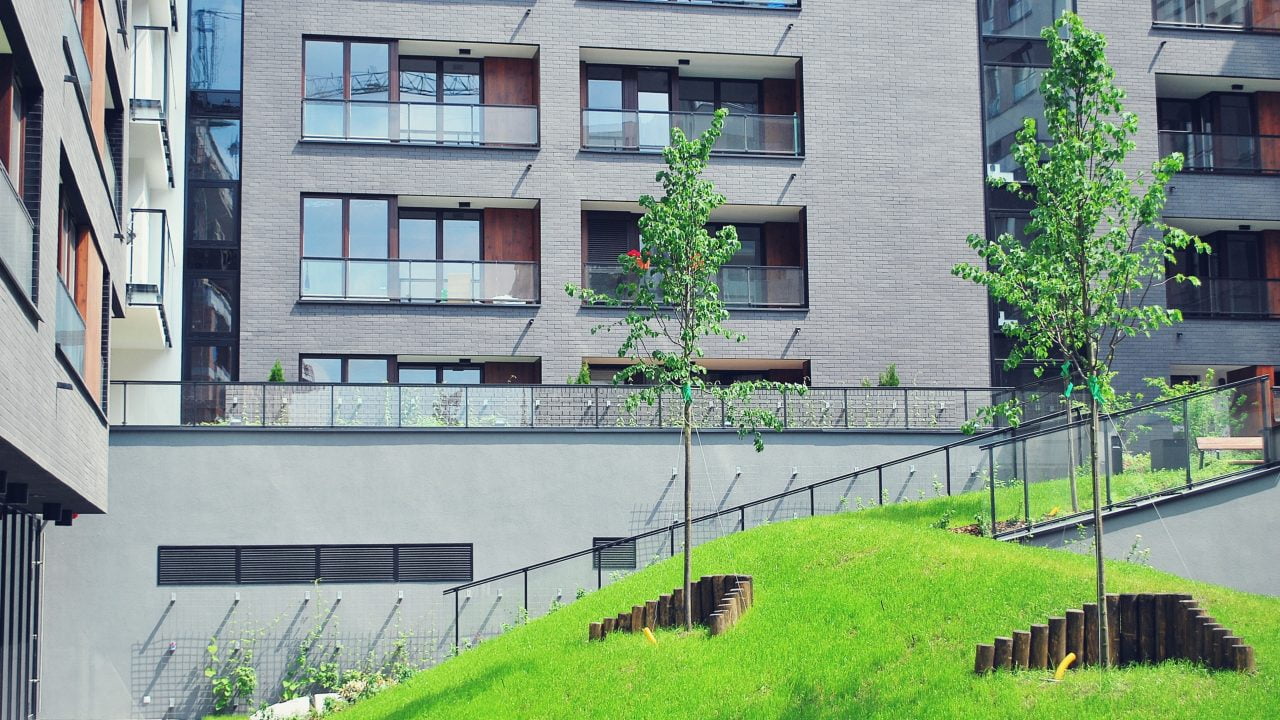Residential Leases are typically granted for long periods of time, such as 90 or 125 years. As the obligations and duties under a Lease are set when it is granted, the terms of long residential Leases can become outdated or irrelevant throughout such an extended period of time.
For example, more units may be added to a building which could impact on the way service charges are calculated. There may also have been errors in the drafting of a Lease which do not come to light until many years into the life of the Lease. Such issues can often lead to the Landlord encountering difficulties managing flats within a block.
In such circumstances, one or both of the parties to a Lease may wish to take steps to vary the terms of the Lease. There are two ways this can be done: either by agreement between the parties which is then formalised within a Deed of Variation or by the statutory process laid out at Part IV of the Landlord and Tenant Act 1987 (“the Act”).
The first method is straightforward. The Landlord and the Leaseholder agree between them how they wish the Lease to be varied and then enter into a Deed of Variation to this effect. However, this requires the parties to agree both that a variation is required and what form that variation should take. This is not always possible, particularly in circumstances where the Lease, in its unvaried form, favours one of the parties to the Lease.
In such circumstances, the statutory process may assist. Section 35 of the Act provides that a single party to a Lease may make an application to the First Tier Tribunal (“the Tribunal”) for an order varying the terms of a Lease.
In order to be successful, the applicant must show that the Lease, in its current form, does not make satisfactory provision for one or more of the following fundamental categories:
1. The repair or maintenance of the flat or building the flat is within;
2. The insurance of the building;
3. Repair or maintenance of any installations which are reasonably necessary to ensure that occupiers of the flat enjoy a reasonable standard of accommodation;
4. The provision of maintenance of any service which are reasonably necessary to ensure that occupiers of the flat enjoy a reasonable standard of accommodation;
5. The recovery by one party to the Lease from another party to it of expenditure incurred or to be incurred by him, or on his behalf, for the benefit of that other party;
6. The computation of service charge payable under the Lease.
Alternatively, if there is more than one Lease that needs to be varied in relation to the same issue (e.g. where there are a number of Leases over properties in a building which have the same issue), section 37 of the Act provides that such variations can be sought by way of application to the Tribunal. Section 37 applications can be made for any variation, there is no requirement for the variation sought to relate to one of the categories laid out above as there is with section 35.
However, in order for an application under section 37 to be successful, the applicant must show that the majority of the effected Leaseholders consent or do not object to the variation being made. Obtaining such consent and maintaining it throughout the process can be challenging for Landlords.
In conclusion, Landlords should be aware that something can be done if a Lease isn’t working i.e. the existing terms are preventing a Landlord from full service charge recovery. In the first instance, Landlords should seek to agree any variations directly with the Leaseholder as this is the quickest and most cost-effective way to solve the problem. However, if this is not possible or practicable, Landlords should bear in mind the statutory process available under the Act. Which type of application to make will depend on how many Leases are involved, what changes are sought and whether the Leaseholders are likely to consent to the application being made.
